It has been a quiet week in grain fields for the end of July, with weather disrupting harvesting. Where progress was made, yields have been shrinking as the harvest extends up the country.
While the triangle of Cork-Waterford-south Tipperary reports good yields, 3t winter barley crops are, as predicted, being reported by farmers in weather affected areas from the southeast up to Louth and Down.
Early yield indications are promising, with reports ranging from 1.8t/ac to 2.1t/ac
Quality is decent, with KPHs typically in the mid-60s or better, coming out of the dryer at 70.
Meanwhile, the winter oilseed rape harvest has commenced, although many crops are still two weeks away.
Early yield indications are promising, with reports ranging from 1.8t/ac to 2.1t/ac at 11% to 12% moisture. Winter oats, however, are proving very variable with yields between 2t/ac and 3.8t/ac reported.
Straw baling has been difficult in the “grab and go” weather of the last week. Demand for straw is strengthening as it becomes apparent that yields are back.
Malting concerns
Boortmalt is taking steps to assess the potential of the spring malting barley crop.
Concerns that contracts would be cut because of COVID-19’s impact on beer consumption have been circulating among Boortmalt growers. However, it is understood that no decision has been taken, in part due to concerns about yield potential and quality following the spring drought.
Secondary growth has occurred following the rains that ended that drought, which may lead to green grains in harvest trailers and samples.
Current weather is conducive to fusarium, another quality challenge. Farmers fear their crops may fail the stringent germination test, which requires a pass rate of 48 of 50 grains sampled.
Boortmalt reminds growers that pre-harvest desiccation is not an option with malting barley crops.
The focus is ensuring maximum intake of malting barley at harvest
Following discussions with IFA, Boortmalt is sampling a field from one in three Boortmalt growers, for analysis of protein percentage and green grain level. Local Boortmalt representatives will contact growers before sampling and will discuss the results with growers.
Growers with concerns about the potential of their malting barley crops are advised to contact their local Boortmalt representative.
IFA grain chair Mark Browne said: “The focus is ensuring maximum intake of malting barley at harvest.”



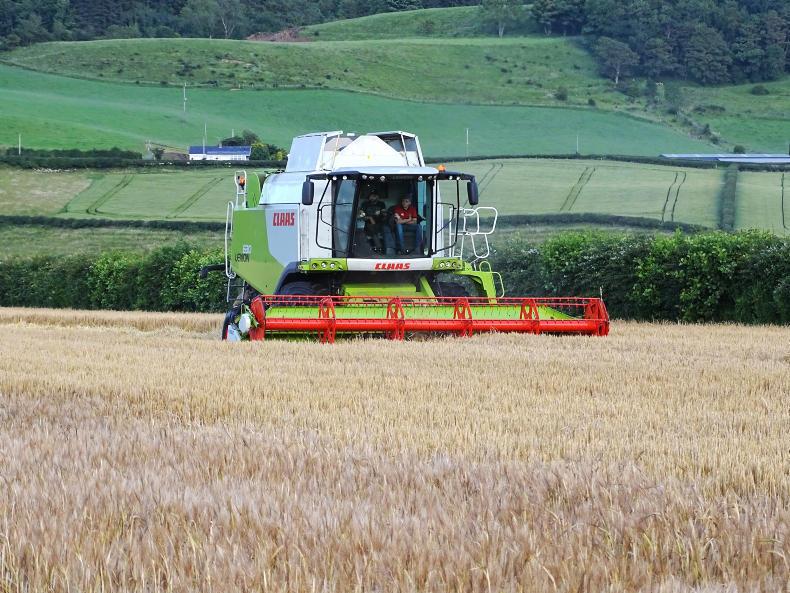

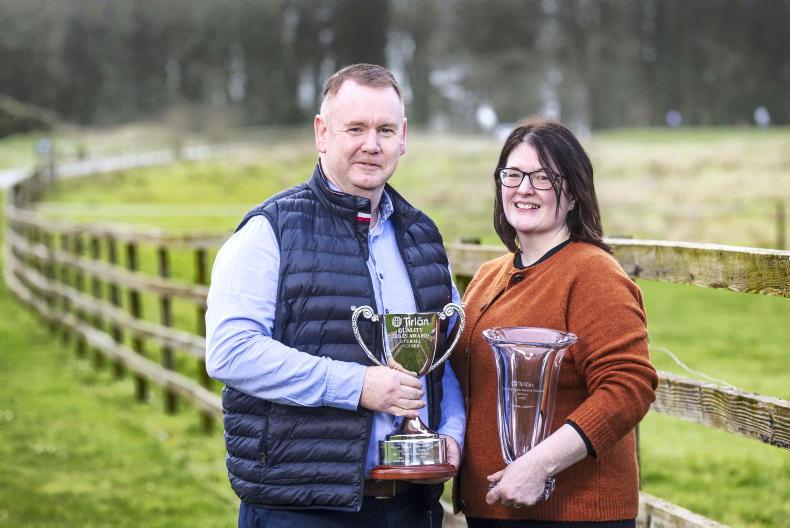
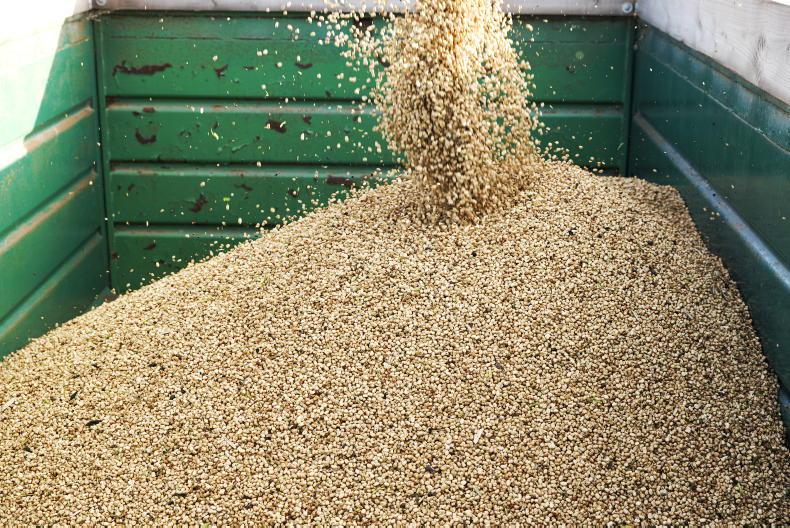
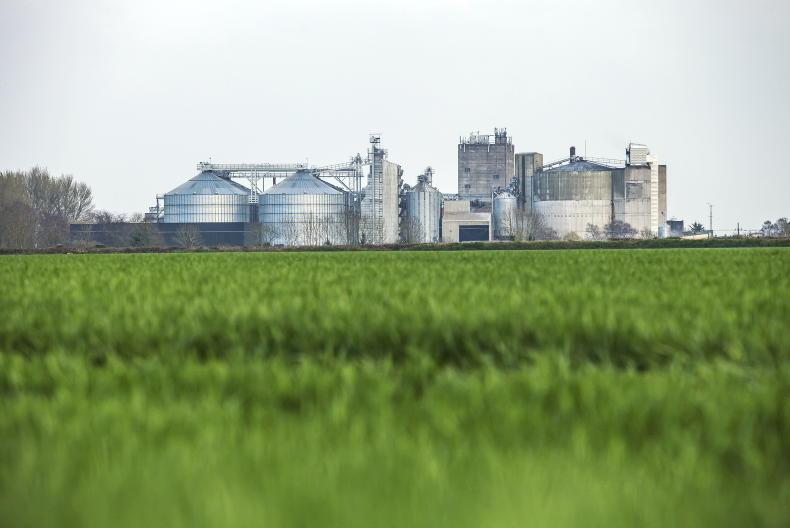
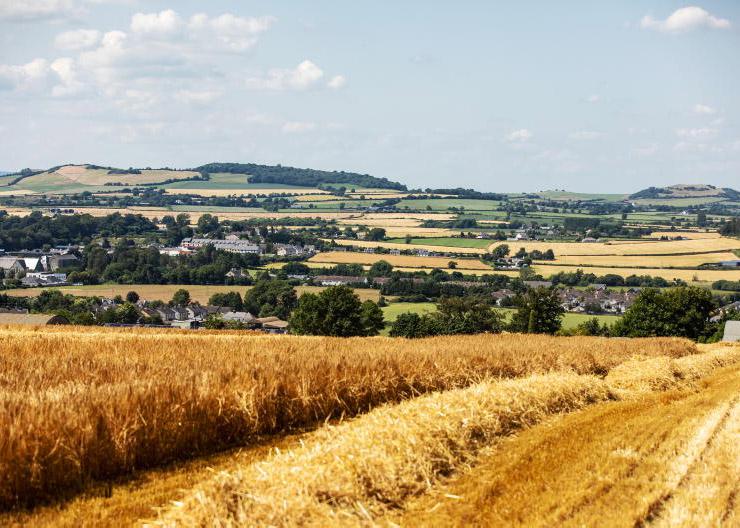
SHARING OPTIONS